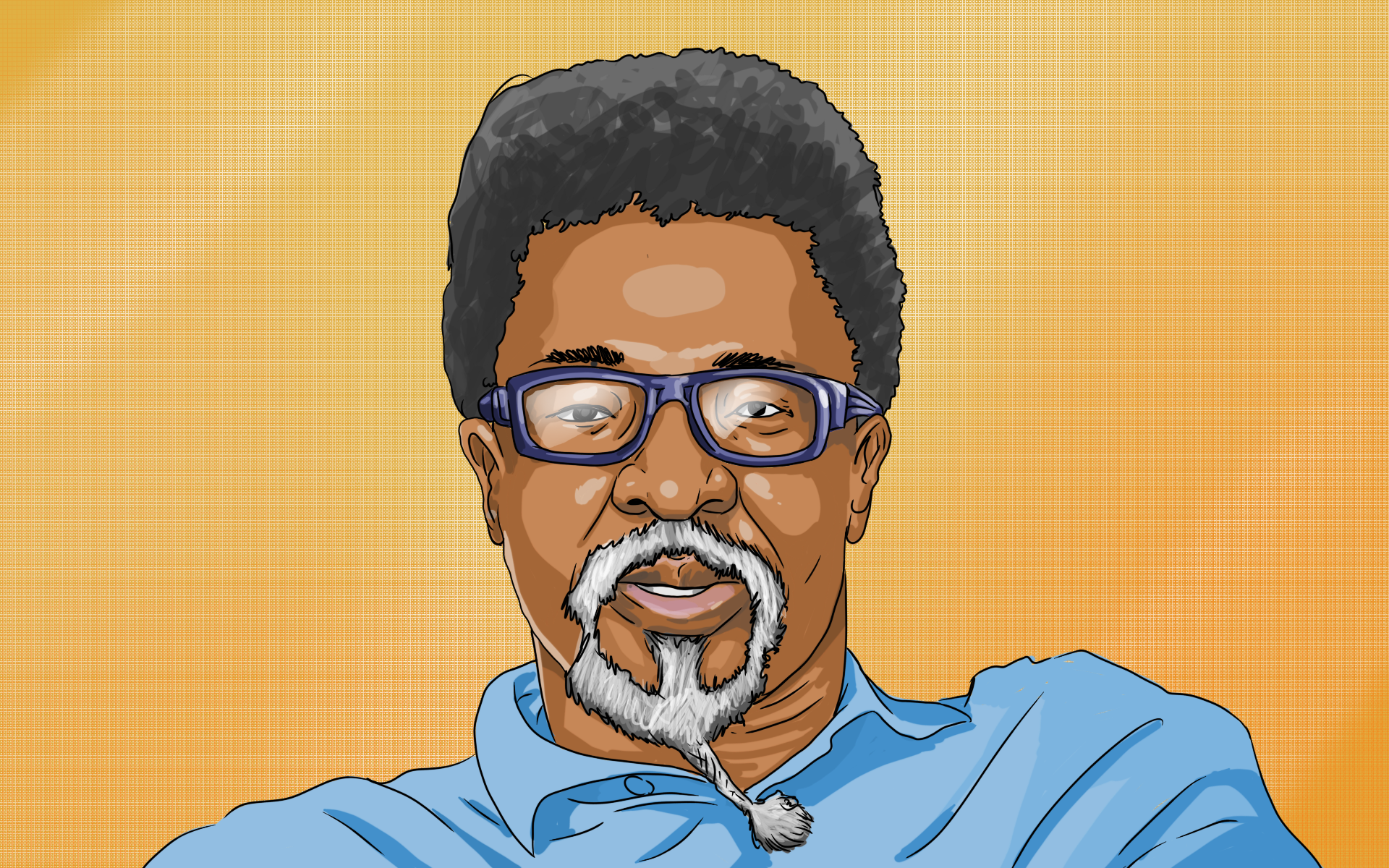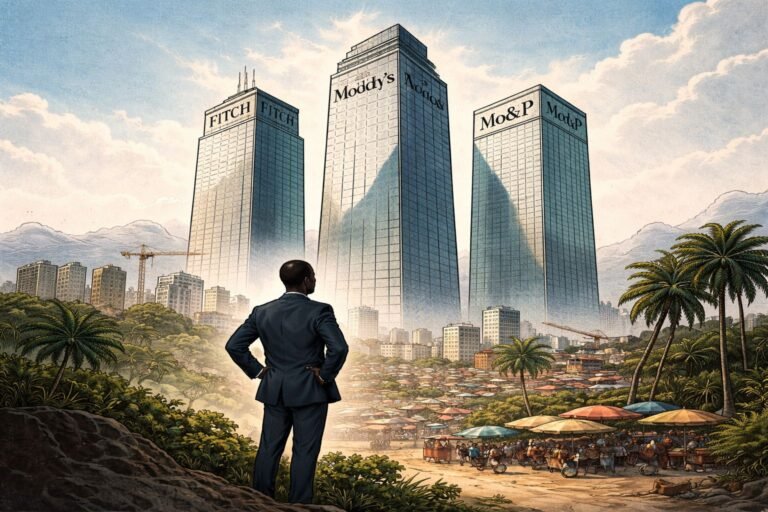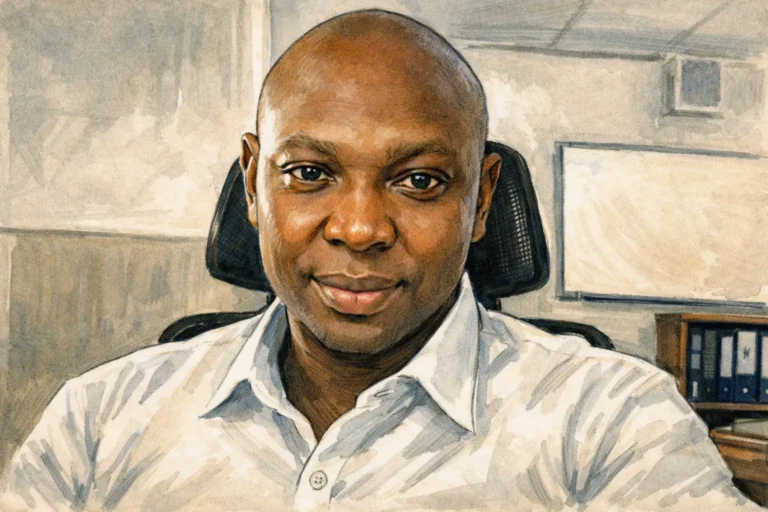Is there space, then, for independent, informed and credible sources of commentary on national affairs? The result of research by these bodies shaping public discourse around the subjects that matter ought, at the very least, to boost the quality of political representation. If the crisis of representation in the advanced democracies provide any context, though, the contribution of think-tanks to democracies might by over-hyped. If nothing at all, they do require a certain type of mass media to work well.
You would not think, from a dispassionate assessment of the available evidence, that the conclusion that the Nigerian economy has unravelled under the Buhari government’s watch would be a contentious one. Yet, it is. There is abundant evidence from the government’s bean counter for this fact. From the big picture itself ― domestic economic output numbers, the size and burden of the public debt, etc. ― through subsidiary numbers (inflation, unemployment, the naira’s exchange rate), it is clear that the economy last had it this bad in the mid-1980s.
Also Read: Race In Economics: Economists and Policymakers Need a Wake-up Call to Root Out Racial Discrimination
Indeed, on the government’s admission, the economy has been at the end of an economic experiment. Worried about the failure of orthodox economics to deliver as would a fairy godmother, i.e. painlessly, the Federal Government has authorised the pursuit of unorthodox economic policies. All it has done, in truth, is to pursue self-sufficiency, through gifts to industrial champions and bans on competing offerings. Down this “supposedly” unscripted alleyway, the economy has hurtled (exaggerating along the way, the boom and bust cycle that is a bane of market economics ) towards the cul-de-sac that we are now at.
Yet, the partisanship that has a section of the populace denying the fact of an economic malaise is an essential part of the cut-and-thrust of a democracy. Fans of the ruling party prefer to point out the Buhari government’s “massive investment” in building up domestic physical infrastructure as the gains the country has earned from the pains that the government’s detractors are wont to point to. To lend a roseate shtick to contemporary events, processes or things, especially when these are outcomes diverging completely from its pre-election manifesto ― that is the political function of a party in government.
The arithmetic that undergirds the inter-party dialogue in a democracy collapses, though, when the opposing party struggles to find a counter-narrative strong enough to persuade the electorate of its different take on the facts of the latter’s everyday life. And, yes, the take of an opposition party must be different. Else, there would be no need to seek to succeed the incumbent in office. Every so often, this failure of the conversation that democracies are built on, is simply a personnel thing. A leader’s lack of charisma will do just fine as an explanation in such circumstances.
If our debating chambers struggle to agree on the answers to questions as fundamental as where the economy is, where it is heading on the back of current policies, and what planks might a proper policy platform include, what is to be done? This question is all the more important when the professional aggregators of the popular will are as remiss in the discharge of their responsibilities as are our current bunch.
Also Read: The C-Suite: How to Bring in The Missing Female Super Talents
In the domestic case, aside the absence of any leader whose take on the nation’s current difficulties or biography differs from that of the governing cohort, the opposition’s understanding of the challenges before the economy and the solutions to them are no more sophisticated than the incumbent party’s. This fact was evident in the Jonathan years. The only difference between then and now, was that the commodity supercycle (1992-2013) spared the government in power then from having to take the tough choices confronting the current one. In those instances, where the Jonathan government had to take tough decisions, as with the deteriorating security situation, its response function was a precursor to the incumbent administration’s.
If our debating chambers struggle to agree on the answers to questions as fundamental as where the economy is, where it is heading on the back of current policies, and what planks might a proper policy platform include, what is to be done? This question is all the more important when the professional aggregators of the popular will are as remiss in the discharge of their responsibilities as are our current bunch.
Also Read: 2023 and Nigeria’s Abiding Question of Leadership
Is there space, then, for independent, informed and credible sources of commentary on national affairs? The result of research by these bodies shaping public discourse around the subjects that matter ought, at the very least, to boost the quality of political representation. If the crisis of representation in the advanced democracies provide any context, though, the contribution of think-tanks to democracies might by over-hyped. If nothing at all, they do require a certain type of mass media to work well. They may therefore, themselves be subject to partisan over-reach, as with any other component of a free society. But the possibility of abuse is scant reason to foreswear the deployment of a potentially useful tool. In our present circumstances, though, the bigger question is: How do we fund them?
























